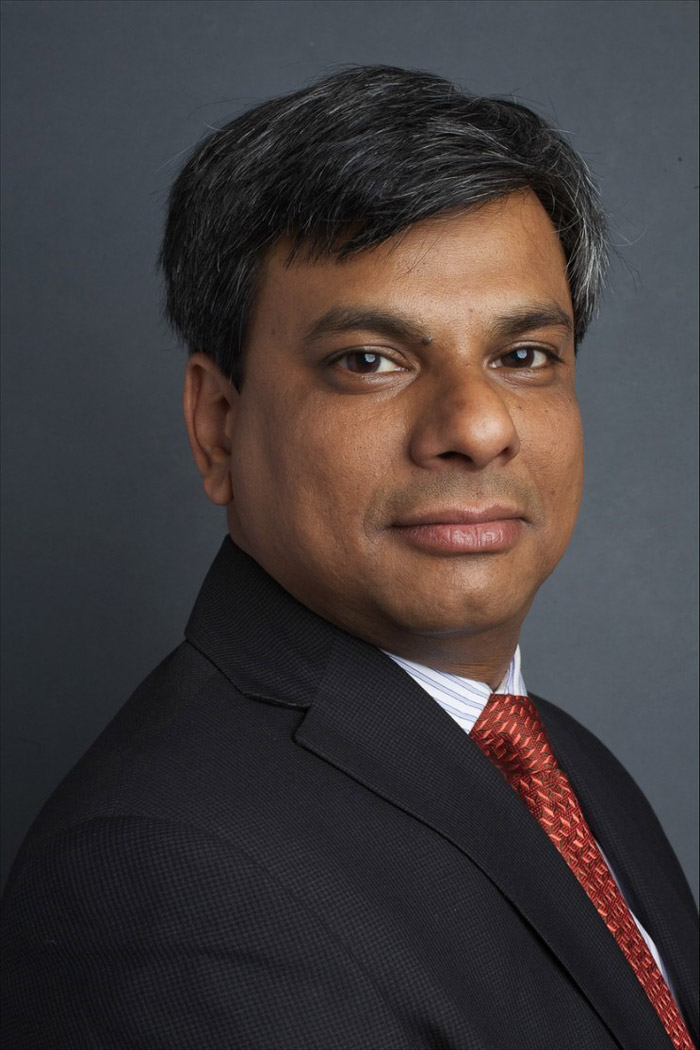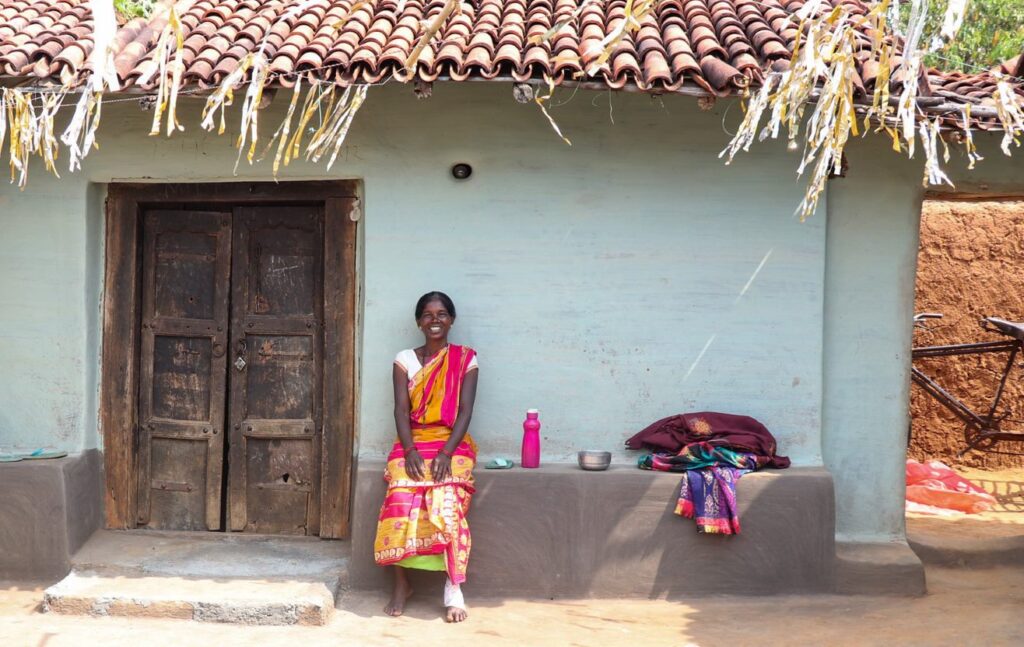LIVE UPDATES:
X no. of patients in remote villages were helped with cataract surgeries from Jan to Mar 2022 by Operation Blessing India.

Operation Blessing India and our partners are dedicated to empowering people to live with dignity and to alleviate human need and suffering in India.
For 22 years, your love has shown through Operation Blessing India as together we’ve provided hunger relief, medical care, clean water and disaster relief to thousands in India.
Through compassionate, efficient, and locally-focused programs we are able to target the specific needs of those we serve and provide a gateway for our partners to truly transform lives.
Be the first to know about new life-changing programs, urgent needs, and more! Sign up to receive important updates right to your inbox.
Copyright © 2024 by Operation Blessing
